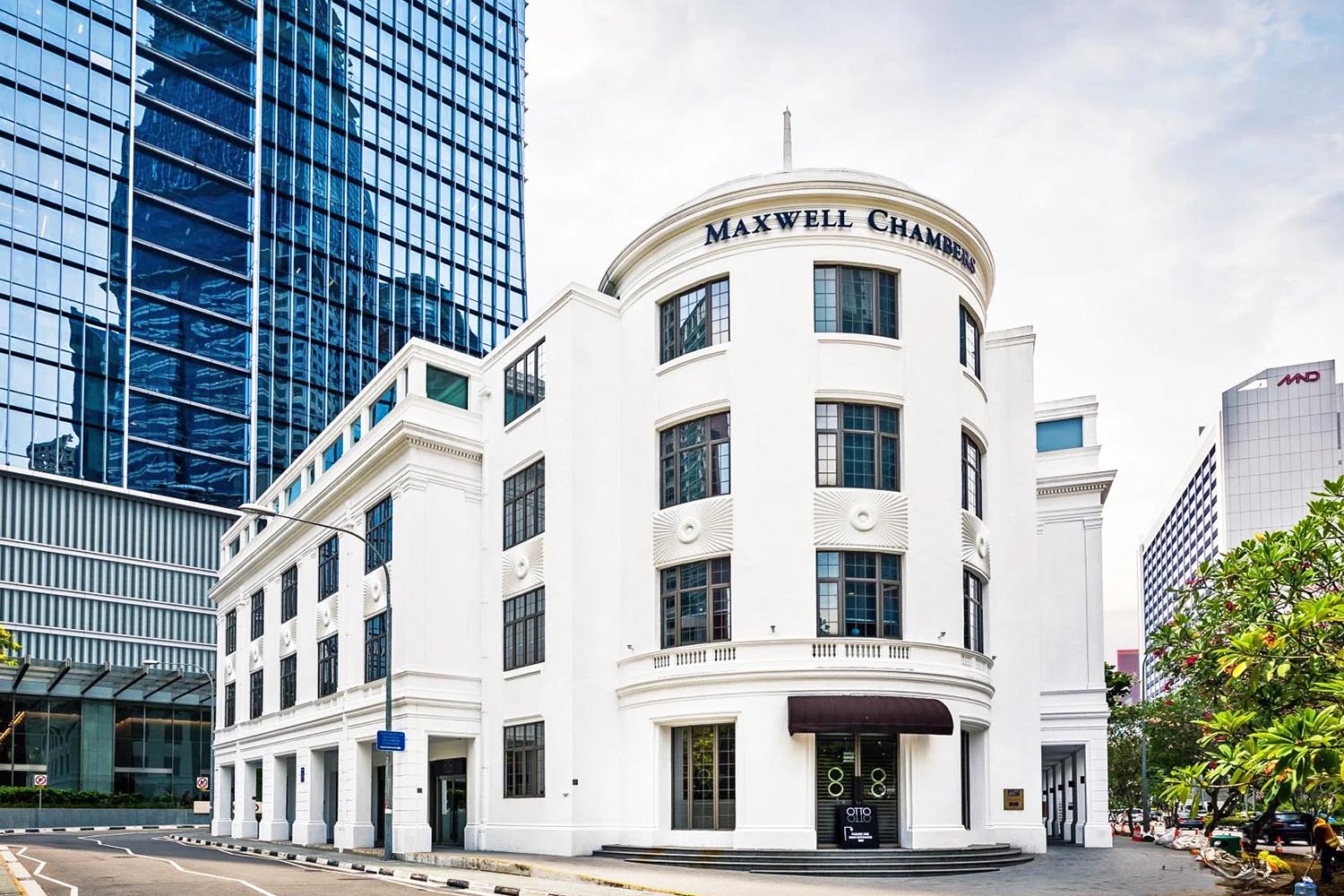
Arbitration in Singapore is governed by a robust legal framework that facilitates both domestic and international dispute resolution. The Arbitration Act (“<span class="news-text_medium">AA</span>”) and the International Arbitration Act (“<span class="news-text_medium">IAA</span>”) are the primary pieces of legislation, providing clear guidelines for arbitral procedures.
Additionally, Singapore's adoption of the UNCITRAL Model Law strengthens its standing as a leading arbitration hub. Over the years, the Singaporean arbitration landscape has evolved, with key reforms introduced to enhance efficiency, fairness and accessibility.
Below, we extrapolate the main sources of arbitration law in Singapore, with a focus on the IAA and AA, as well as the ongoing reforms aimed at improving the arbitration regime.
The IAA oversees international arbitrations or arbitrations where the parties agree in writing to its application (section 5, IAA). An arbitration is considered international if any of the following conditions apply:
In 2019, the Singapore Ministry of Law initiated a public consultation on proposed amendments to the IAA. The International Arbitration (Amendment) Act 2020, which came into effect on 1 December 2020, introduced two key amendments to the IAA:
On 21 March 2025, the Ministry of Law launched a public consultation on Singapore's international arbitration regime and the IAA. The consultation remained open until 2 May 2025. This follows a 2024 report by the Singapore International Dispute Resolution Academy (“<span class="news-text_medium">SIDRA</span>”).
SIDRA’s recommendations were published on 21 November 2024 in the Review of the Singapore International Arbitration Act (2024) (“<span class="news-text_medium">SIDRA Report</span>”). In its Consultation Paper, the Ministry of Law sought input on several potential reform areas to evaluate the SIDRA Report recommendations.
The issues raised by the Ministry of Law mirror those considered during the recent amendments to the English Arbitration Act 1996. SIDRA's findings on certain matters, such as the tribunal’s jurisdiction and governing law, diverged from the conclusions reached in the recent English reforms.
The AA governs domestic arbitrations within Singapore, while the IAA does not apply (section 3, AA). Although the AA shares similarities with the IAA, it permits more court involvement.
In <span class="news-text_italic-underline">Wan Sern Metal Industries Pte Ltd v Hua Tian Engineering Pte Ltd [2024] SGHC 112</span>, the Singapore High Court confirmed that cases interpreting the IAA (and the UNCITRAL Model Law) are relevant to AA applications, particularly when the provisions are similar.
Singapore is a party to the New York Convention 1958 (“<span class="news-text_medium">NYC</span>”). Foreign awards are enforced in the country similarly to domestic awards, provided the award was made in a jurisdiction that is also a party to the NYC. Singapore is also a signatory to the ICSID Convention and applies the Arbitration (International Investment Disputes) Act, which implements the ICSID Convention.
As a member of the Multilateral Investment Guarantee Agency, Singapore enables investors from member states to access political risk insurance. Additionally, Singapore participates in the Comprehensive and Progressive Agreement for Trans-Pacific Partnership, which came into effect on 30 December 2018 and is in force in several countries, including Australia, Brunei, Canada, Chile, Japan, Malaysia, Mexico, New Zealand, Peru, Singapore and Vietnam.
Singapore has signed 54 bilateral investment treaties, of which 44 are in force. The country is also party to various free trade and investment agreements, both independently and as a member of the Association of Southeast Asian Nations (“<span class="news-text_medium">ASEAN</span>”).
The sources of arbitration law in Singapore form a comprehensive and dynamic framework which supports the country’s standing as a global leader in dispute resolution. The IAA and AA provide clear and flexible mechanisms for resolving domestic and international disputes, while the country’s commitment to ongoing reforms ensures its systems remain responsive to evolving global standards.
The recent proposed changes under the IAA, including those on appeal procedures and costs, reflect Singapore’s dedication to maintaining its competitive edge in the international arbitration community.
With its active participation in multilateral conventions and bilateral investment treaties, Singapore continues to provide a conducive environment for arbitration, further solidifying its position as a preferred seat for arbitration.